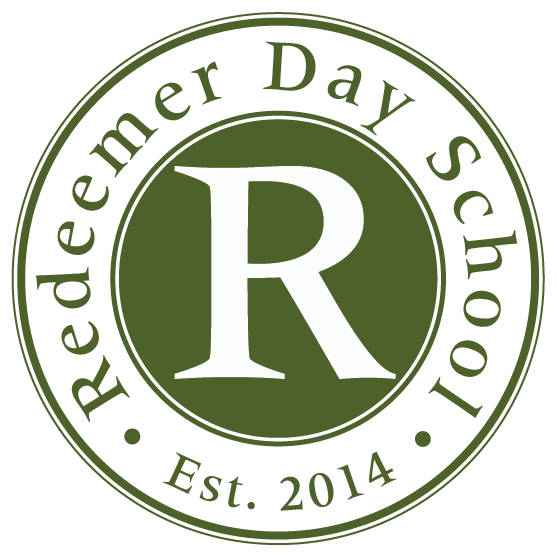Do Definitions of Words Matter?
According to the Foundation for Christian Education (F.A.C.E.), “The dictionary inculcates either a secular or a Christian worldview through its definitions by establishing the values by which the family will live.”
Does your dictionary reinforce and support Bible study for your family? Or does it introduce a conflicting set of values and worldview? For example, Merriam-Webster has changed the dictionary definition of “female” to appease a segment of our culture. It states under one of the definitions: “Having a gender identity that is opposite of a male.”
Are you familiar with Noah Webster’s 1828 Dictionary? I have owned mine for twelve years, and I love it! This dictionary defines every word from a biblical worldview. Webster researched every word through his studies of twenty-six original languages to provide root meanings. He is the “Father of American Christian Education and Scholarship.” Not only did he write the first American dictionary, but he also established rules to govern spelling, grammar, and reading.
Do you recall how you learned to read and spell? Perhaps you were a pilot group of students who were taught the ‘whole-language’ approach to reading or the ‘invented spelling’ approach to learning how to spell. These educational methodologies are rooted in a philosophy of education – one that is not rooted in rules and orderliness, clarity, and accuracy. Whole language is a child-centered reading methodology which is focused on literature and the acquisition of words as whole units. On the other hand, phonics reading instruction is the explicit and systematic instruction of letter-sound correspondence, small segments of sounds put together to form words for accuracy in word pronunciation and meaning.
Invented spelling refers to children simply using their best judgments about spelling words. It does not require a student to learn and apply the phonetic instruction of the sound/symbol correlation. When students are required to learn that symbols represent sounds and then apply that knowledge to words, it is exercising the brain! Teacher-directed, explicit instruction is a highly effective approach to learning.
Do you see how these methodologies can be traced to a worldview? One requires the knowledge and
application of rules. The other does not require rigorous thinking and application; it is geared more to a feel-good type of education. At Redeemer, we are steeped in the phonetic approach to reading and spelling!
So, back to our question: do definitions of words matter? First, definitions give us mutual
understanding of a word or subject. Language enables us to bring clarity to our thoughts and ideas.
However, as definitions of words are changed over time, they lose common meaning and therefore
inhibit the understanding of thoughts and ideas. Instead of vocabulary being a conduit for clarity, words reflect the culture of the day and the value(s) of the person doing the speaking. When Senator Marsha Blackburn asked at the confirmation hearing of the Supreme Court nominee for the definition of the word “woman,” the justice replied, “I can’t. Not in this context. I’m not a biologist.” Regardless of your opinion of her response, the point I am making is this: yes, definitions of words do matter as they reflect the cultural norms of the day.
You can access Webster’s 1828 Dictionary online. Type the word in the search and find the definition. For a good exercise, look up the word education in a current dictionary and then look up the word education in Webster’s 1828. The comprehensive definition of the latter is the one Redeemer Day School aspires to provide for your children.
